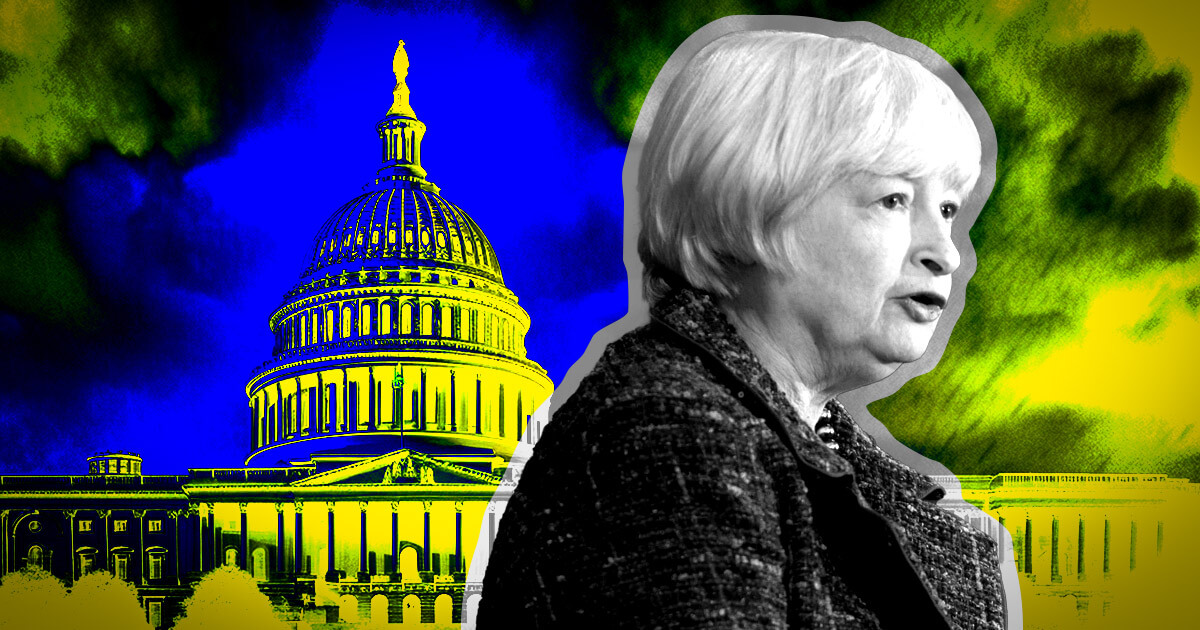
Janet Yellen, the US Treasury Secretary, confirmed on February 6 the need to regulate the cryptocurrency sector beyond securities laws.
Yellen made the comments during a hearing before the Committee on Financial Services of the US House of Representatives. There she said:
“The [Treasury’s Financial Stability Oversight Council (FSOC)] focuses on digital assets and their associated risks… Applicable rules and regulations should be enforced, and Congress should enact legislation, to provide for the regulation of stablecoins and of the spot market for non-securities crypto assets.”
Yellen identified related risks as running on crypto asset services and stablecoins, vulnerabilities from cryptocurrency price fluctuations and non-compliant crypto platforms.
Her statements appear to be a partial response to a Feb. 6 letter from four Republican lawmakers seeking additional information about the FSOC.
Yellen’s statements only address the issue in broad terms. The letter asks more specific questions, including whether the FSOC believes Bitcoin (BTC) and Ethereum (ETH) are not securities, and whether it believes the Commodity Futures Trading Committee (CFTC) should expand its authority to spot markets for non-securities crypto assets. The letter requests a response by February 20.
Lawmakers support alternative legislation
Four Republican lawmakers and members of the House of Representatives signed the letter to Yellen: Patrick McHenry, Glenn Thompson, French Hill and Dusty Johnson.
These lawmakers acknowledged in their letter that the FSOC has identified a lack of regulatory oversight in certain areas, including around digital assets that are not considered securities. But while the FSOC has identified these gaps, it has “failed to facilitate an environment that ensures consumer protection and promotes innovation in digital assets,” according to a press release from lawmakers.
Republican lawmakers instead advocated legislation called the Financial Innovation and Technology Act for the 21st Century (FIT21), which aims to establish clear roles for federal regulators and for customer protection.
Although the authors of FIT21 are Republican, the bill passed out of committee with bipartisan support in a mid-2023 vote. The bill is notably supported by Coinbase’s CEO Brian Armstrong and the Blockchain Association.

